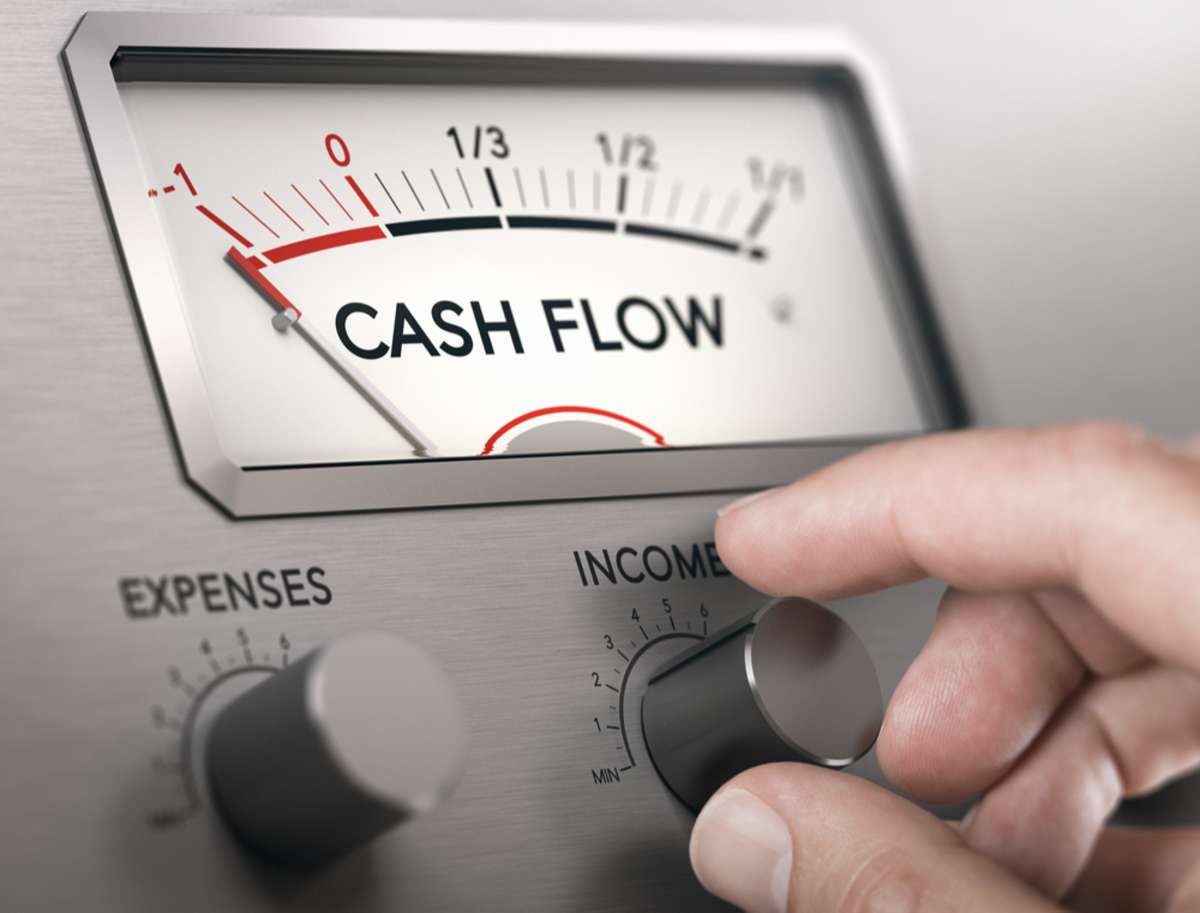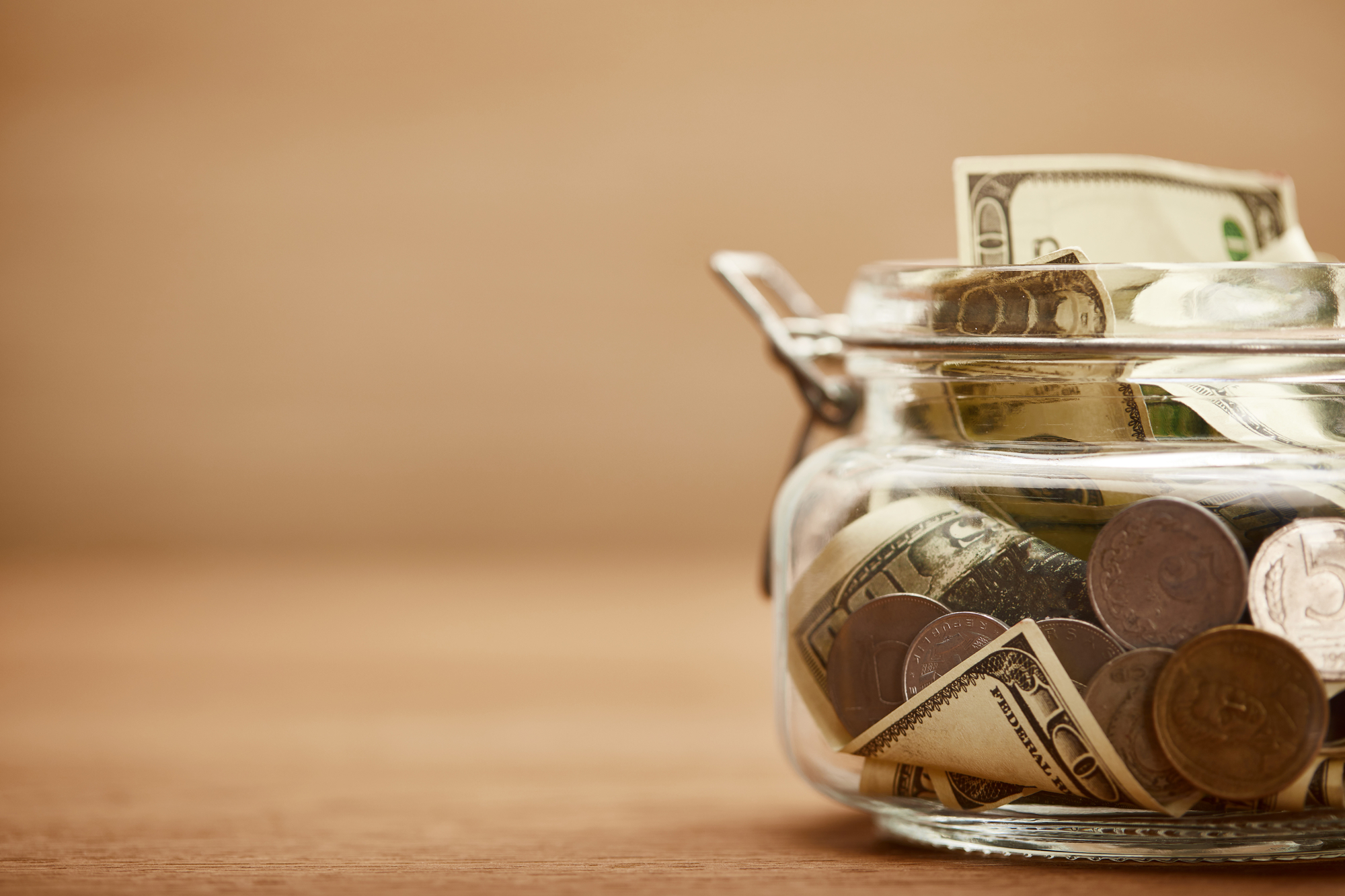There are a lot of great reasons to get excited about real estate investing —but the opportunity to do a lot of math probably isn't one of them. Still, real estate is a numbers game, and if you're planning on investing in houses in Dallas, TX, for rent, there are some important numbers you'll need to know.
Many consider buying the right house, at the right place, at the right time to be the key to real estate investing. They're not wrong, but there's another way to look at it: buying the right house—but with the right numbers.
If you want to set yourself up for success when you're trying to grow your portfolio, these are the real estate numbers you need to know before you take the plunge:
 Preliminary Numbers
Preliminary Numbers
Whether you're interested in investing in single-family homes or multi-unit rental properties, knowing whether or not any given house will be able to turn a profit requires an understanding of some necessary numbers. Make sure you understand each of these, and why they matter:
Purchasing Costs
A few things go together to add up to your total purchasing costs for any given property. These include the actual purchase price of the property, along with all of the closing costs, and the total interest you'll end up paying over the lifetime of the mortgage. To pay less long-term interest, plan on offering the largest down payment you can.
Monthly Income
- The total rent you can charge from your property is your monthly income.
- You can determine how much you can charge in rent by comparing your property to similar rentals in the area.
- A local property management company should also be able to do this legwork for you.
Monthly Expenses
There are several monthly expenses you'll need to plan for if you're buying houses in Dallas, TX, for rent. Some of these will vary depending on your particular situation, but they're all important to prepare for:
- Mortgage payment: This is one of the biggest expenses you will face every month, and you can use an online mortgage calculator to figure out your payments. Be sure to confirm your down payment amount and interest rate with your lender!
- Property taxes: While it's true that you only pay property taxes once a year, it's important to calculate them as a monthly expense so you can accurately see whether you're turning a profit.
- Insurance: Be sure to get a quote from an insurance company so you know how much it would cost to insure a property before adding up your expenses.
- Repairs: How much you need to budget for repairs depends on a lot of factors, most importantly, the age and condition of the property you are investing in. To be safe, set aside at least 2% of the property's value for repairs annually, and then divide by 12 to arrive at a monthly cost.
- Property management: Not everyone hires a property management company—but there are some significant benefits to doing so. It's a good idea to factor the price of property management into your expenses. Choosing a great property manager will make things like marketing your property, setting and collecting the rent, filling vacancies, and maintaining your property much easier than being a solo investor.
- Vacancy expenses: Having vacancies in your rental properties can be a big drain on your income, and it will probably cost money to advertise your property and fill those vacancies. If you are not using a property management company to do this for you, you might want to set aside 10% of the rent income each month for vacancy expenses.
 Running the Numbers
Running the Numbers
Once you have a firm handle on the numbers listed above, you can use them to narrow down your search to properties that have the best chances of being profitable. If you've already done that, and have a specific property in your sights, these are some additional calculations you can do to really zero in on how good of an investment certain houses in Dallas, TX for rent really are:
Cash Flow
Cash flow is an important number, and it's simple to calculate. Just subtract your monthly expenses from your monthly income. This will give you a general idea of how profitable a property will be.
Net Operating Income (NOI)
Net operating income is your annual income, minus your total annual costs. If you've already calculated your monthly cash flow, you can easily arrive at your net operating income by multiplying your cash flow by 12.
Capitalization Rate (Cap Rate)
Cap rate lets you know how profitable a property would be if you purchased it upfront in cash, and is typically used to compare the potential profitability of different properties. You can calculate the cap rate by dividing the net operating income by the purchase price and then multiplying the resulting number by 100 to arrive at a percentage.
Cash-on-Cash Return (CoC)
This figure is especially crucial if you're looking to finance the property; it will let you know the return you can get on the money you've invested. To calculate the cash-on-cash return, divide the net operating income by the amount you've invested (i.e., your down payment). Multiply by 100 to get a percentage.
Learn More About Buying Houses in Dallas, TX, for Rent
Buying properties to rent is one of the most popular trends in real estate, and there are great opportunities throughout the Dallas/Fort Worth area. Working with a dedicated property management company is a great way to streamline the operations of your property and maximize your profit.
If you want to get started for FREE, why not download RentHub's guide to real estate investing? It's full of information for those looking to grow their portfolio in the DFW area! Once you've learned more about which angles of investing might interest you, get in touch with us, and we'll help you move forward with a plan for growth!
Download The Investing Guide


 Preliminary Numbers
Preliminary Numbers Running the Numbers
Running the Numbers
